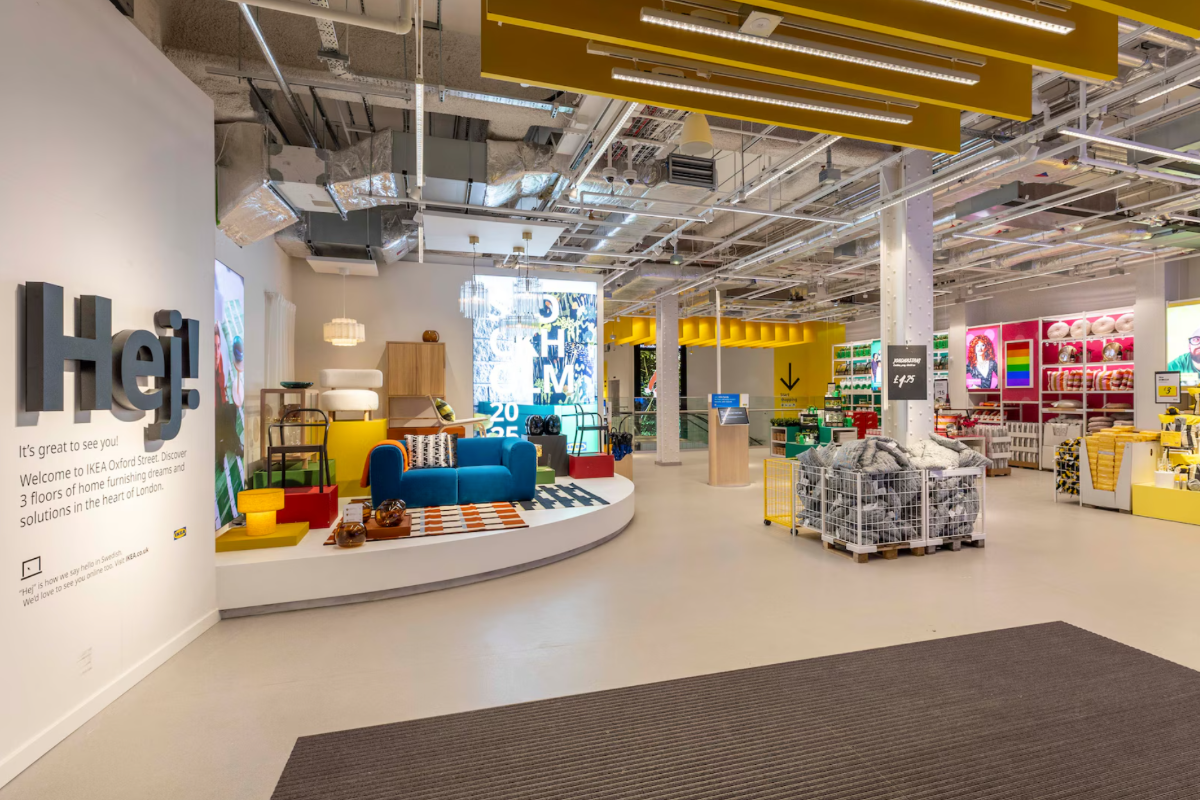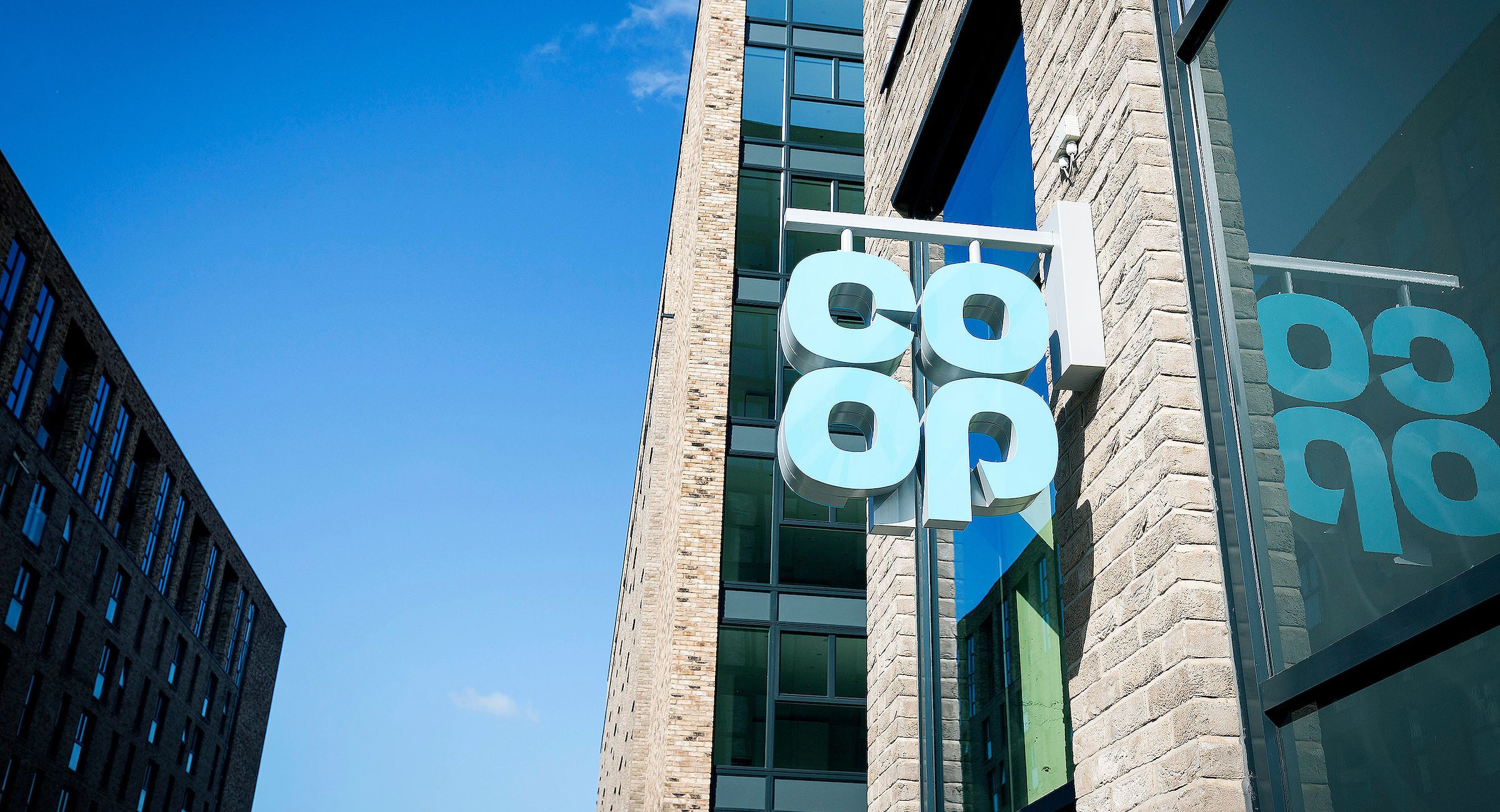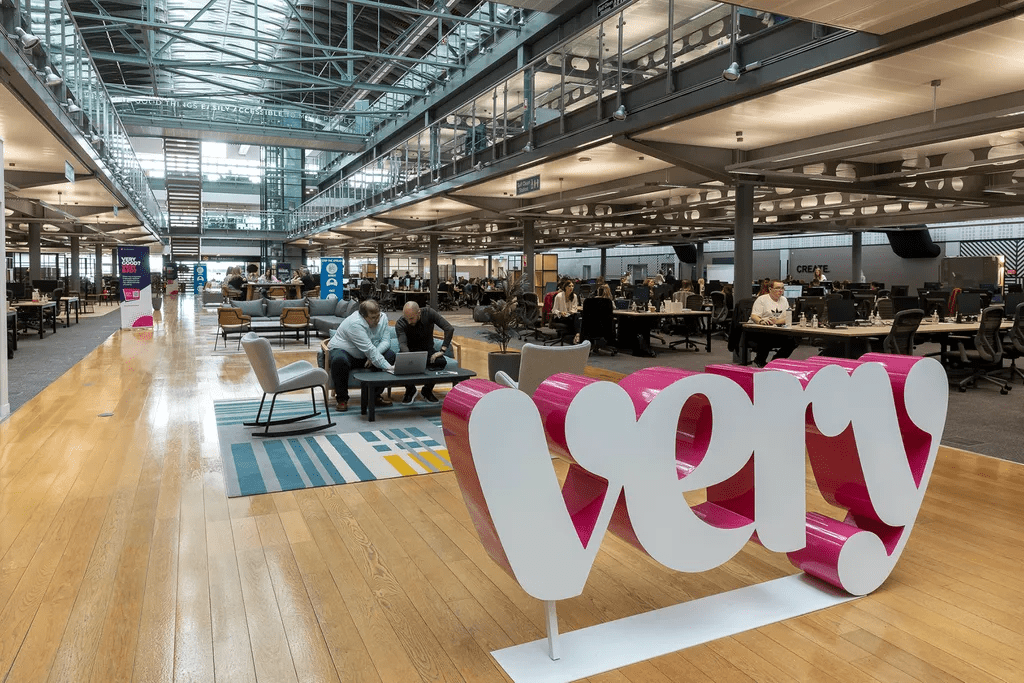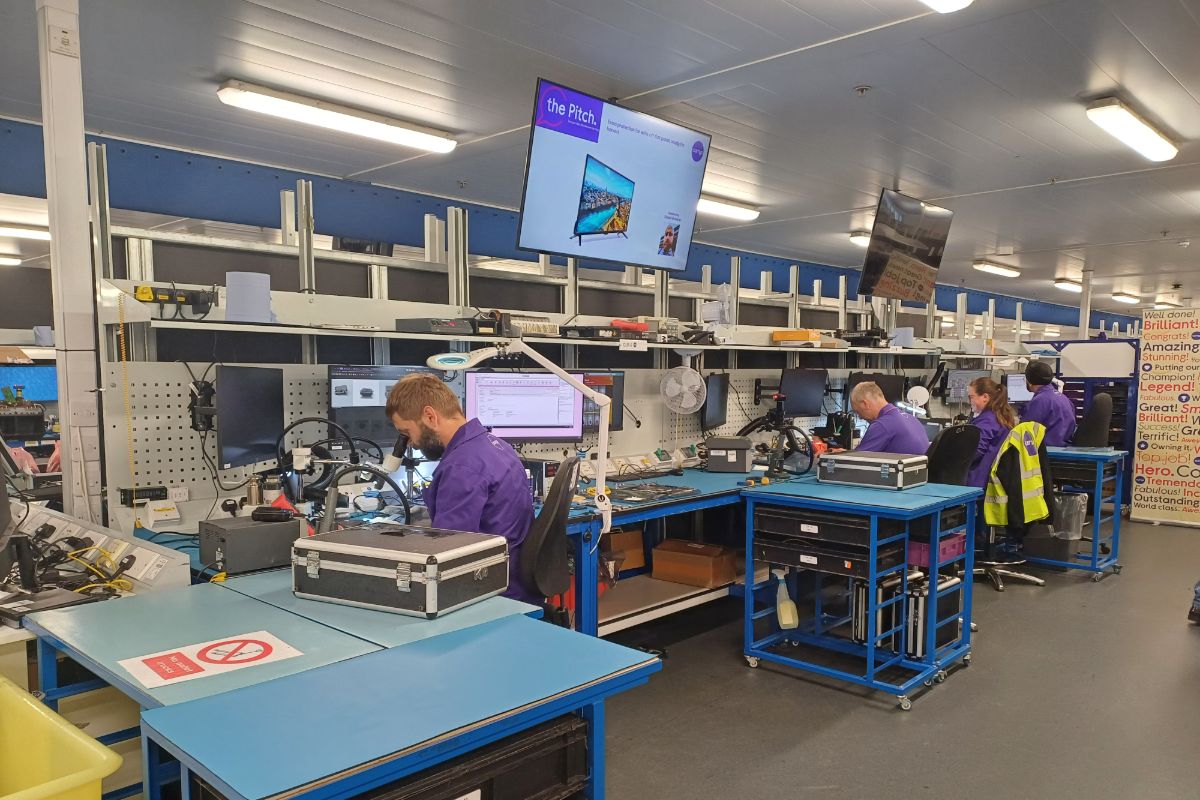Nenad Cetkovic, COO, Lengow, examines changes amongst global marketplaces and how ecommerce China is reshaping retail in Asia.
On the global ecommerce stage, marketplace generalists are revolutionising the landscape and shaping the contours of new economic models that are ultra-powerful, ever-present and omnipotent. Fuelled by mergers, acquisitions and take-overs, fund-raising and investments, Amazon, Alibaba and Tencent are competing on the field of innovation and technology to improve their retail offer. European retailers are doing their best to stay in the game.
The first world conference on cross-border ecommerce was held earlier this year on 9 February in Beijing. It demonstrated the need to organise, structure and harmonize the transactions between countries in the ecommerce world. Because the vast majority of online shoppers are no longer hampered by borders when searching for the best product, according to Forrester international transactions will surpass domestic transactions by 2022. 2018 will therefore be a year of restructuring, consolidation, partnerships and strategic alliances in order to facilitate and streamline the access to international markets and open up the channels of global ecommerce trade. Across the globe, the major ecommerce players are consolidating their commercial proposition as well as their cross-border services; eBay has partnered with Linca Industrial in China on the construction of an industrial park dedicated to ecommerce, FedEx is rationalising its business units to provide better access to international markets, JD.com is opening offices in Paris, London, Milan and New York aimed at helping foreign brands penetrate the Chinese market.
Also worth calling out is the financial fire-power of marketplaces, which were proved once again in 2017, when the volume of global online sales reaching $2,290bn of which approximately 50% originated from just a handful of marketplace generalists which alone generated revenue of $1,470bn. Towering above others in the ranking of global online sales were Alibaba, Amazon, eBay and Tencent.
In the West, Amazon started its international expansion in 2000 and now dominates in North America and Europe and is pushing ahead with a growth offensive in India and Australia.
In Asia, with historic growth rates slowing, Alibaba and JD.com are now competing outside of their traditional borders. Alibaba is setting out to conquer global e-trade and is establishing its presence in Europe and South East Asia. This growth strategy started in 2016, with the investment in Lazada, the South Asian marketplace in which Alibaba has just pumped a further $2bn. In North America, Alibaba, is under negotiation with the food distributor Kroger, which has more than 2,770 stores in the USA.
With the intention to further develop its international ambitions JD.com has partnered with Tencent, owner of the WeChat platform and recent investor in Snap Inc, Spotify and even Flipkart. JD plans to open up an ecommerce platform in France in 2019, and then move on to the UK and Germany.
CONSOLIDATION THROUGH PHYGITAL & DATA
It’s not just the expansion into new geographies that has been undertaken by these leaders, the perception of ecommerce has also changed dramatically since the acquisition of Whole Foods by Amazon, the largest acquisition in its history, and the alliance of Alibaba with the Bailian Group supermarket chain in 2017. Online to offline (O2O) has become the growth engine of ecommerce platforms and the grocery sector has been hit hard.
While 84% of Alibaba’s revenues are generated through ecommerce platforms, the business strategy hasn’t been a constraint to growing offline. In 2017, the company invested heavily in traditional bricks-and-mortar retail chains and more recently in the hyper connected supermarkets of Hema. A strategy which has been further strengthened and reinforced by its’ joint investment with French retailer Auchan of $2.9bn in Sun Art Retail Group. “New Retail” is now the absolute priority. It’s a concept that doesn’t care about the channels used and which redefines holistically the way in which it wants to interact with customers, using technology and capitalising on pervasive use of data. Stores and online have had to become one. By managing the stores using technologies originally developed for online, via its subsidiaries Alipay and Cainao, Alibaba controls the entire end-to-end process as well as the customer master data, a field in which the Group is investing massively. Data and AI will together facilitate these developments, as witnessed by the significant investments incurred by Amazon, Alibaba, or even Tencent.
Alibaba has announced it wants to spend $15bn to improve the customer experience, in particular through the Academy Alibaba Damo, the acronym for “discovery, adventure, momentum and outlook”. This project includes opening seven new research laboratories in China, the United States, Russia, Israel and Singapore. JD also plans to launch its first European research centre in Cambridge in 2019 focused on artificial intelligence and big data. This will be the second research centre to be opened outside of China.
Artificial Intelligence is also a priority for the Chinese government, which wants to make the country a pioneer in AI and is investing €13bn in AI between 2016 and 2019.
COUNTING PARTNERSHIPS
In Europe, there is no intention to imitate Amazon or Alibaba, it is already too late. Defensive partnerships focused on achieving a critical mass are multiplying. Equally we’re seeing alliances between physical retailers and web pure-players. For example, France’s Groupe Casino signed up with British online retailer Ocado as it looked to speed up the execution of its deliveries.
On the other hand, major retailers are seeking out alliances with the giants, witnessed by the supermarket chains Monoprix (France) and Morrisons (UK) tying up with Amazon.
Carrefour has also launched a strategic partnership with Tencent. “The objective will be to share the expertise of Carrefour in retailing with the technological know-how and innovative capabilities of Tencent,” announced the French group. Auchan meanwhile has partnered with Alibaba.
The stakes are high and the differences between China and Europe can widen still further when one considers that Europe is moving towards increased regulation with the General Data Protection Regulation (GDPR) act but also via various laws and initiatives concerning e-privacy. Faced with the domination exercised by Alibaba or Amazon, could the answer be the creation of a European ecommerce platform? Such a proposal was submitted by the President of the El Corte Inglés chain during the e-Show in Barcelona and needs to be taken seriously.





